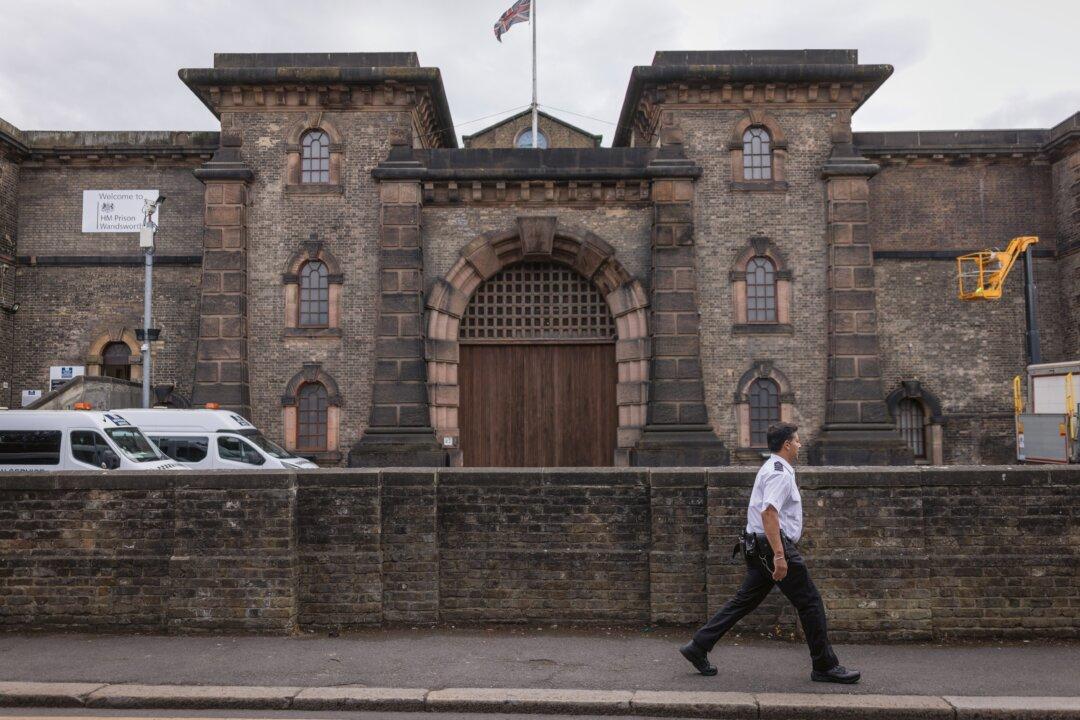Stun guns will be trialled in UK prisons to help officers manage high-risk incidents, following a violent attack involving Manchester Arena bomb plotter Hashem Abedi at HMP Frankland.
The trial, set to begin this summer, comes after four prison officers were injured earlier this month when Abedi attacked them with hot cooking oil and a makeshift weapon.
“Wherever we can strengthen our defences to better protect our staff and the public, we will do so,” she said in the House of Commons.
Access to kitchens in separation centres—specialist units housing high-risk offenders—has been suspended while an independent review examines how these centres operate.
A separate review by the Prison and Probation Service will assess the use of protective body armour for officers.
The Prison Reform Trust welcomed the investigation, saying lessons must be learned to minimise the risk of similar incidents occurring in future.
He was sentenced to a minimum of 55 years in prison.
“I know full well the dangers of the warped ideology of Islamist extremists. I will not tolerate it within our prisons,” Mahmood added.
Talks With Union Amid Safety Fears
Mahmood met with representatives from the Prison Officers’ Association (POA) on Wednesday after the union raised concerns over staff safety following the attack at HMP Frankland.The POA national chair Mark Fairhurst told The Epoch Times the union would press the case for improved protections “very forcefully.”
“The Ministry of Justice [MoJ] have ignored our members for decades. They have dismissed the POA’s calls for action to address the crisis in our prisons but they cannot ignore us any longer.
“We need urgent action to ensure prison officers working in the UK’s jails are safe and treated with the dignity and respect we deserve,” said Fairhurst.

The POA described the attack at HMP Frankland as a stark reminder of the dangers faced by officers “on a daily basis.”
This marks a 19 percent increase compared to the previous year, with serious assaults on staff rising by 22 percent.
Prison officers are currently equipped with protective gloves, vests, personal alarms, and restraints as standard Personal Protective Equipment (PPE).
Higher-level defensive tools are restricted to specialist teams.
PAVA incapacitant spray was introduced across prisons in 2018.
Fairhurst argued that current PPE provisions current provisions are insufficient for dealing with violent offenders.
“Prison officers have to deal with some of the most violent criminals and terrorists in the country, the current provision of PPE extends to a baton and some PAVA spray, nothing else. This is wholly inadequate.
“Prison officers need to be provided with equipment that genuinely protects them this includes where appropriate stab vests and Tasers,” he said.
However, Andrew Neilson, director of campaigns at the Howard League for Penal Reform, warned against increasing the use of defensive weapons.
“Staff in adult prisons already have access to batons and PAVA spray. And yet, we know from previous findings that staff use of weapons does not reduce violence, and undermines positive relationships between staff and those in prison,” he told The Epoch Times.
Neilson added that addressing violence required investment in rehabilitation.
Prison Estate Crisis
Figures published on April 14 show the prison population in England and Wales has reached 88,081, leaving just 961 spaces available across the estate.Fairhurst said overcrowding fuels tensions, violence, substance misuse, and self-harm across prisons.
“We have repeatedly raised concerns about overcrowding and understaffing but nothing has been done. And we have raised major concerns about the condition of the prison estate and squalor our members and the prisoners we look after experience as a result of a failed model of privatised prison maintenance, again dismissed.
“It shouldn’t have taken the appalling terror attack at Frankland for government ministers and the MoJ to start listening to prison officers on the frontline,” he said.
The POA highlighted that both overcrowding and understaffing were key factors contributing to unsafe environments.
“Where you have too many prisoners and not enough staff, prisoners’ access to education, recreation, visits, healthcare etc. is restricted and the ability of staff to work with them to build positive relationships with them is curtailed.
Government Measures
The prison population is set to reach between 95,700 and 105,200 by March 2029, with a central estimate of 100,800 inmates.In response, the government has pledged to deliver 14,000 new prison places—a commitment originally made by the previous administration.
An independent review of sentencing has also been commissioned to ensure capacity keeps pace with demand.
To address immediate pressures, ministers have introduced early release schemes.
In July, Mahmood announced plans to reduce the proportion of Standard Determinate Sentences served in custody from 50 to 40 percent. Thousands of inmates have been released since September under the policy.
Another measure to ease pressure on the prison estate involves accelerating the deportation of foreign national offenders, who make up approximately 12 percent of the prison population.
Officials say the move will help relieve capacity constraints and save taxpayers millions of pounds.







